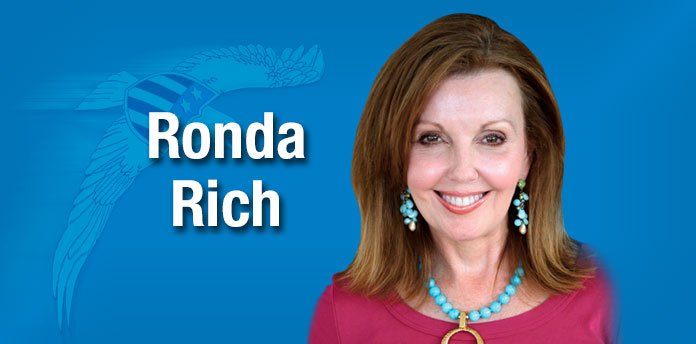When I was ten, I learned my first lesson in politics. Daddy and I were watching the CBS News with Walter Cronkite, who kept talking about people called Republicans and Democrats.
“Daddy, are we a Republican or a Democrat?” I asked.
He never missed a chance to teach and, invariably, regardless of the subject, he explained in terms a child could understand.
“Democrat!” he responded emphatically.
I tilted my head and studied him for a second. “What’s the difference?”
“Democrats are for the little man. The poor people like us. Republicans are for the rich man.” He allowed me to absorb that then added an illustration. “Franklin Roosevelt was a Democrat and if it hadn’t been for him during the Great Depression, we’d’ve starved to death. Because of Roosevelt, we’ll always be Democrats.”
As I grew older, I learned that to be true for most of the rural South. They’d always be “yellow dog” Democrats because they hadn’t forgotten what FDR had done during the Depression and World War II.
When Georgia Governor Nathan Deal appointed me to sit on the Board of the Little White House in Warm Springs where Roosevelt had died, I toted Daddy’s Bible into his office.
“Governor, if you wouldn’t mind, would you swear me in with Daddy’s Bible? He loved President Roosevelt.”
He nodded, chuckling, as he took the Bible. He had been raised by rural Southerners so he understood completely.
On the night a few years after the Cronkite discussion when Jimmy Carter faced incumbent Gerald Ford in the presidential election, few gave him a prayer of a chance. Ted Turner, one of Atlanta’s greatest contributions to America, owned a station called WTBS which covered the nation by something called satellite. That night, as Carter and Ford warred, I watched, for the first time, “To Kill A Mockingbird” on TBS. I was spellbound.
During commercials, Daddy switched to elections results and always, Carter was behind. When the movie ended, my life as a storyteller was transformed. Too, I was about to learn another political lesson.
Daddy watched the election results for about 20 minutes then stood up from his recliner and said, “I’m goin’ to bed.”
“But don’t you want to stay up and see who wins the election?” I asked.
Daddy stopped in his tracks, turned to face me and said with great authority, “I know who’s gonna win. God has assured me that Jimmy Carter will be the next President of the United States. I don’t have to wait and see.”
Sure enough, the next morning, we were greeted with the news that Carter had been declared the winner around 3:30 a.m. in a close call. It was the state of Mississippi that had sealed the victory with its electoral votes.
“You were right!” I said cheerfully as Daddy sipped his morning coffee. He set the cup down, pulled back and said, “Don’t you or anybody ever doubt what God tells me.”
In 1988, Daddy came home from voting. There was a melancholy that hung around him.
“Who’d you vote for?” I asked as he hung his hat on the hook next to kitchen door.
“Bush,” he replied softly.
My eyes widened. “You voted Republican? You said you’d always be a Democrat.”
His eyes filled with sorrow and he turned to face me. “I didn’t leave ‘em. They left me. It’s not the same party as it was with Roosevelt.”
This is a tale far greater than that of two opposing political parties. The first is to teach your children early about the things they’ll need to know later in life – like politics, taxes, and the good Lord.
And, secondly, it takes wise self-assurance to study the facts and be willing to turn in the opposite direction, the turn you claimed you’d never take.
Teach your children young. I still remember clearly my first political lesson at the age of ten.
[Ronda Rich is the best-selling author of “Let Me Tell You Something.” Visit www.rondarich.com to sign up for her free newsletter.]












Leave a Comment
You must be logged in to post a comment.